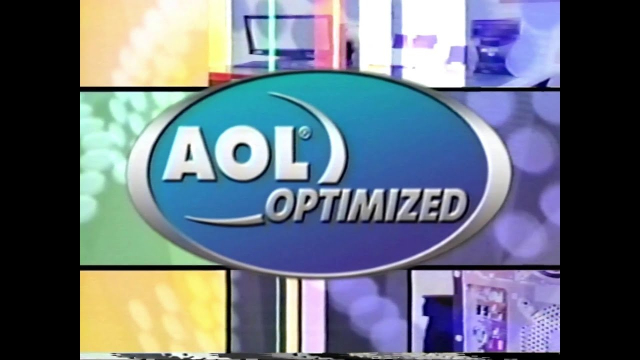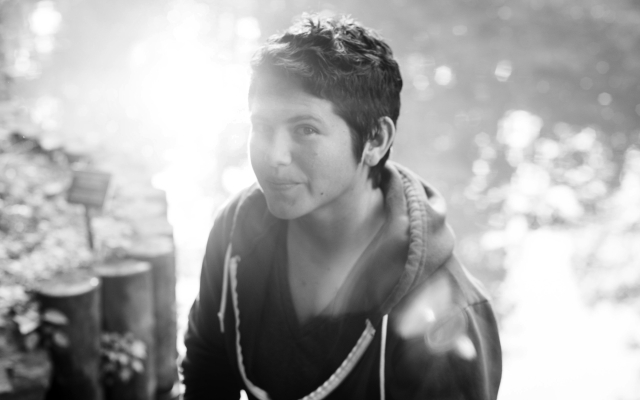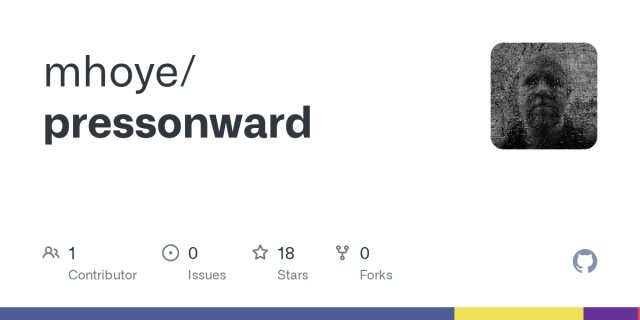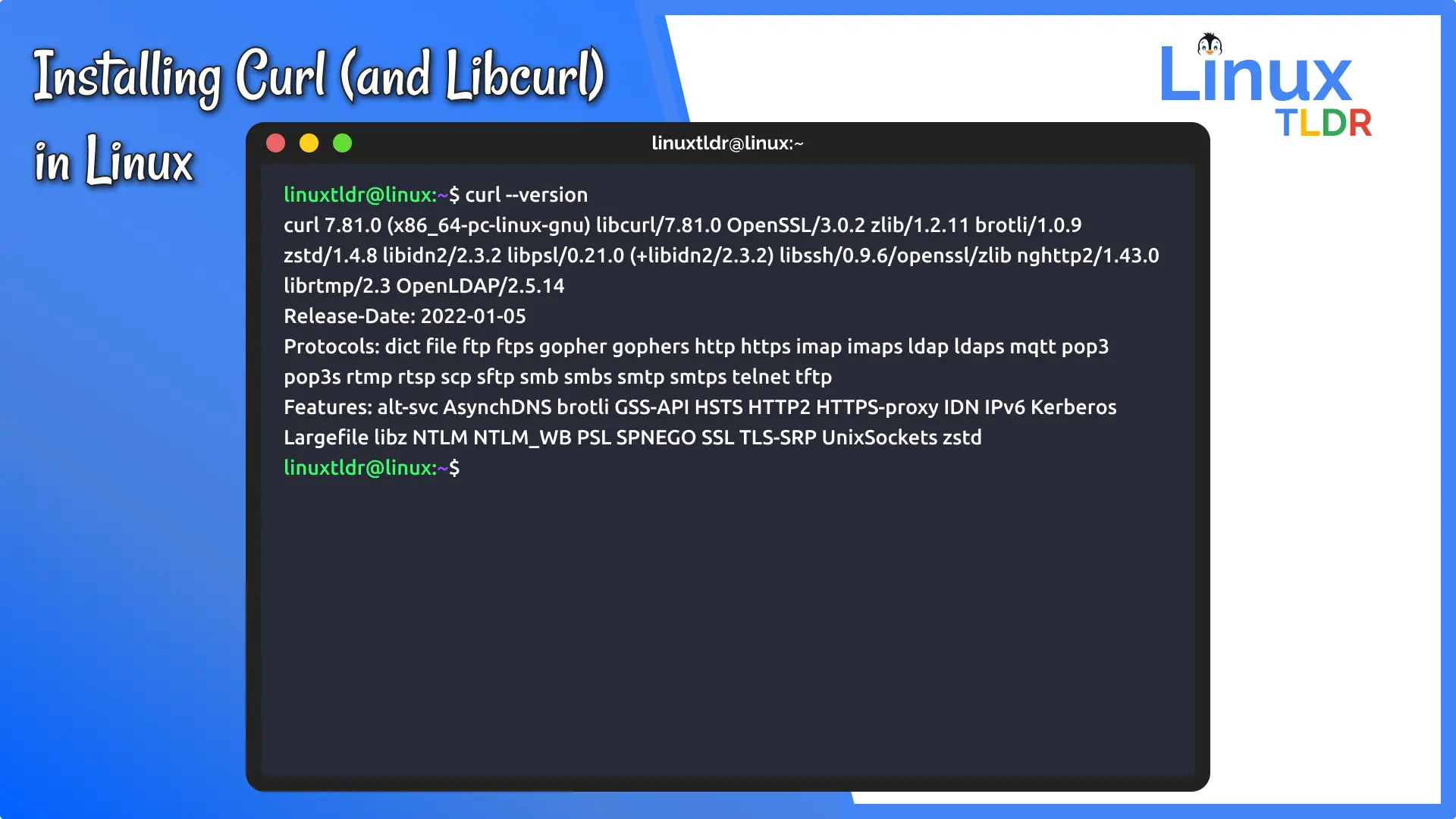
Mamutovo
Vítejte na mastodonní instanci Mamutovo! Instance Mamutovo byla vytvořena pro běžné uživatele, kteří touží po klidném prostředí, ve kterém mohou svobodně sdílet své myšlenky.Mastodon hosted on mamutovo.cz

Vítejte na mastodonní instanci Mamutovo! Instance Mamutovo byla vytvořena pro běžné uživatele, kteří touží po klidném prostředí, ve kterém mohou svobodně sdílet své myšlenky.Mastodon hosted on mamutovo.cz

Pixelfed.cz je platforma pro sdílení obrázků, etická alternativa k centralizovaným platformám.Pixelfed CZ

The open wiki for Backing Track Collaboration since 2011. Easily find Jamtracks missing your Instrument and Play-Along. Join the international Musical Collaboration by sharing your own home-recorded Remixes.wikiloops.com
KUnifiedPush: KDE's efficient way of delivering notifications to your apps
KUnifiedPush, KDE's client library for the UnifiedPush protocol, has reached version 1.0.0. KUnifiedPush provides a way to deliver notifications instantly to multiple apps on your devices even if the apps are not running.
Ideal for social media, weather and instant messaging apps, it will also contribute to improving the battery life on your mobile devices.
blogs.kde.org/2024/10/19/kunif…
KUnifiedPush provides push notifications for KDE applications. Push notifications are a mechanism to support applications that occasionally need to receive some kind of information from their server-side part, and where receiving in a timely manner m…KUnifiedPush 1.0.0 is out!
On this day in 2006, 18 years ago, I started offering the Mozilla CA cert bundle as a PEM file for everyone to use. The service is still running, uninterrupted, ever since.
Because I think we need it.
Today is **fifteen years** since I posted about the "null-prefix domino" - common problems in TLS server certificate verification functions in many projects, including #curl
Oyes, ¿recordáis cuando medio internet daba la matraca sobre como "estar sentado es el nuevo fumar" y como nos vendían los "standing decks" como la gran revolución en el mundo de la salud laboral y casi una obligación si no querías morir de un infarto en tu silla de trabajo?
Pues acaba de salir un estudio al respecto y adivinad qué: no solo no reducen la mortalidad sino que aumentan el riesgo de varices y trombosis venosa profunda.
👉 academic.oup.com/ije/article/5…

AbstractBackground. Previous studies have indicated that standing may be beneficially associated with surrogate metabolic markers, whereas more time spentAhmadi, Matthew N (Oxford University Press)

This is an instructional video that came with the AOL Optimized PC, in both English and Spanish.YouTube
Loving this new era of indie blogs splitting off from their corpo bastards and forming their own coops:
404media.co/
aftermath.site/
defector.com/
Even more listed at the end of Hearing Things’ about page:
hearingthings.co/about/

Why stick with Chrome when there are so many other options?Gavin Phillips (MakeUseOf)
Speaking of #MyAdoredDaughter this morning... I don't know if I ever posted this photo.
This is ... my daughter? This is how she looks like, exactly - a beautiful, young person with long legs, and wonderful hair. And she keeps telling me "OMG, we look so alike, we could be twins..."
#Trans #Enby #NonBinary #TransJoy #EnbyJoy #NonBinaryJoy #Selfie
...
... but no, this is not a photo of her, this is a selfie of me reflected in a window. When I saw myself reflected in that window, I had to take a selfie and send it to her and she was absolutely amazed at how similar we look now, really, like twins, everything, the form, hair, posture, arms, legs, ... only her face is slightly different (and way younger, obviously 🥰
@Marco TBH, she resembles my wife more than her mother (my wife isn't her mom), but she looks more or less exactly like me. So the photo above could really be me or her, if I didn't tell you who that person is on the photo and you'd see us next to each other, you couldn't tell who that was.
But, and that's the fun part, whenever she is visiting us and we three, her, my wife and me, go out for a walk, people are 100% sure she is our daughter, because she has nearly nothing from her biological mom, but some really interesting similarities with my wife.
In my own case, I have half-half, i.e. about half of me resembles my father, and half my biological mother (as far as I can remember, and I have one single photo of her).
 Then, it is even more interesting that you three look so alike.
Then, it is even more interesting that you three look so alike.

The National Federation of the Blind of Massachusetts is pleased to announce the availability of scholarships for the 2025-2026 academic year. Up to four scholarships will be awarded: one in the amount of $3,000.00, 2 in the amount of $1,500.Google Docs
Three photos around SF Chinatown in Kodak Tri-X
(Leica M3, 50mm Summilux, dev in Xtol stock @ 7:45, scanned on Nikon Coolscan 8000ED)
#BelieveInFilm #Photography #FilmPhotography #BlackandWhite #Kodak #Leica #SanFrancisco #BayArea #California #Chinatown #Chinese
reshared this
From my Newsletter:
Know the Differences Between Web Services and APIs
telerik.com/blogs/know-differe…
Wondering what the difference is between Web Services and APIs? Learn when to use each to build robust, scalable and efficient applications.Dennis Martinez (Telerik)
Interesting job, keeping old technology running.
IEEE Spectrum: What It Takes To Let People Play With the Past spectrum.ieee.org/vintage-tech #vintagecomputing #computers #technology

Libi Rose keeps obsolete technologies running at the Media Archaeology LabStephen Cass (IEEE Spectrum)

MySQL 9.1 introduces key updates, including enhanced trigger handling, optimized EXPLAIN output, OpenID Connect support, and more.LinuxToday
A new issue of #ThisWeekInGNOME is now online! What a week! 🚀
#170 Portal Updates
thisweek.gnome.org/posts/2024/…
Ok, as promised here's Wordpress, very lightly modified to use SQLite as a backing store instead of MySQL.
You don't need to stand up a database, run a big machine or really much of anything, this is perfectly happy on the smallest VM you can find.

Contribute to mhoye/pressonward development by creating an account on GitHub.GitHub

A new version of the popular Rufus utility once again bypasses the strict hardware compatibility requirements for Windows 11 upgrades. Your move, Microsoft.Ed Bott (ZDNET)

In this article, you will learn how to install curl (and libcurl) on a Linux system and how to use curl in your daily computing work with practical examples.Linux TLDR

Let's look at some great Linux distros that feel just like you never left Windows.LinuxToday
You know I love you, @thunderbird, but I was certain I had a big, ugly smudge on my monitor for a second there. 
Oh noooooo. If you report this on bugzilla.mozilla.org and shoot me the bug number, I do my best to bump this to the team!
(And trust me, this typist just got her first pair of bifocals. We get the challenges that come with experienced eyes!)
I hadn't really thought of it in terms of a *bug*, but you know, it *is* awfully hard to see.
I don't have time right now to grab the nightly and go through the proper bug reporting procedure, but if I get a chance to tomorrow, I'll let you know.
Thanks again! :)

Enterprises use block storage such as Amazon Elastic Block Store (Amazon EBS) for mission-critical workloads because it provides high performance, low latency, and reliable data access needed for demanding applications like databases, ERP systems, an…Amazon Web Services
@SuspiciousDuck Nooo... Od kdy Mastodon aktivně nabízí další účty ke sledování?
(Nepamatuju si, že jsme to za poslední roky kdy viděl...)
Wow! I'm making #Bandwagon -- an open source, community-focused alternative to #Bandcamp that anyone can self-host.
As of this morning, there are 99 #Musicians and #Bands who have set up #Fediverse profiles on bandwagon.fm -- and half of those already indexable on search engines.
So I'm humbled by the number of people who are giving it a go. There's obviously lots of people out there looking for something new.
I promise to do my best to give y'all the tools you deserve.
reshared this
Really? It runs on a Rasberry Pi??Thats awesome. You made my day!
If you’re self-hosting, lots of things are changing rapidly with Bandwagon, so we should connect somewhere (email, Mastodon, GitHub) so I can make sure I don’t break your site.
Thank you very much for the offer. At the moment there are a few missing things, such as embeddable tracks or possibly some sort of payment processor support, so I'm holding off on hosting it in production for now, but I'm definitely keeping an eye on how things will end up. Even without Fedi support, there is nothing out there which is as simple to set up and use as Bandwagon, so that's a plus as well.
I also really like the way Emissary works, it's quite inspiring and refreshing to see high quality software being contributed back to the open source community.
Miroslav Suchý
in reply to Archos • • •Miroslav Suchý
in reply to Miroslav Suchý • • •Archos
in reply to Miroslav Suchý • • •